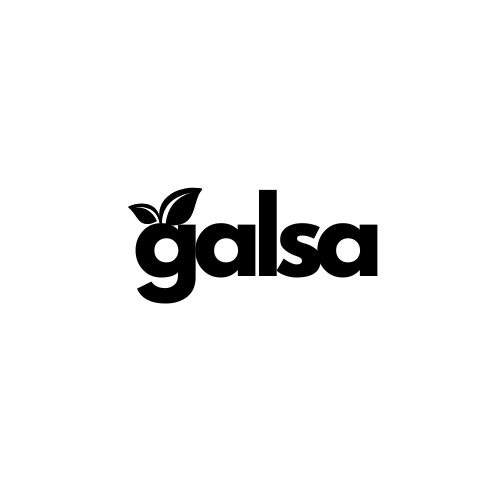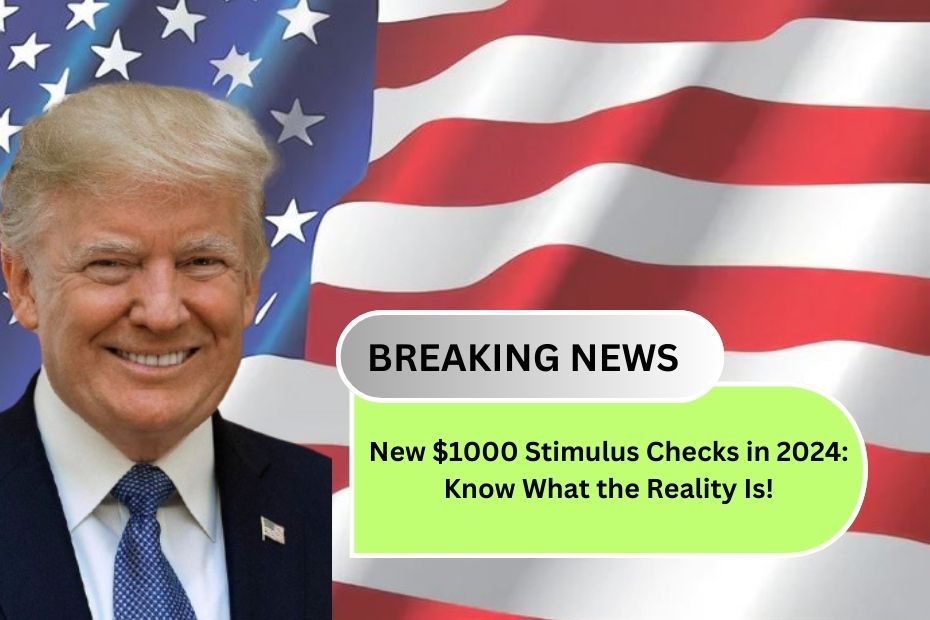The news about $1,000 stimulus checks being sent out to American citizens in late 2024 has been circulating on social media. A viral video showing a CBS News clip led many people to believe that this is true. However, it’s important to know the reality behind these claims. Let’s break down the facts and separate the truth from the myth.
The Viral $1,000 Stimulus Check Claim
The viral video claims that the U.S. government has approved a $1,000 stimulus check to help people struggling with credit card debt. It features a modified news report from CBS News, where anchor Norah O’Donnell is seen talking about financial issues. The video quickly gained attention, accumulating thousands of likes and shares as it spread across Facebook.
The main issue here is that this video has been edited. The original CBS report, which aired back in June 2023, discussed the rise in credit card debt but did not mention anything about stimulus payments. This editing trick is part of the problem, as it misleads viewers into thinking that there is an official $1,000 stimulus check program.
Official Response from the IRS
When asked about these claims, the Internal Revenue Service (IRS) officially denied the existence of any new $1,000 stimulus payment. The IRS clarified that there are no plans to issue such payments, and it urged people to be cautious about viral hoaxes. Official agencies like the U.S. Treasury Department and the IRS typically announce stimulus programs with clear information on their websites and through the news. If there were a real stimulus payment, it would be well-publicized and not hidden in a viral video.
Evidence Debunking the $1,000 Stimulus Claim
There are several key reasons why the claim is false:
- Manipulated Video Content: As mentioned, the video is a doctored version of a CBS News report. The clip was edited to create the impression that the news anchor was discussing a new stimulus program when, in fact, the original report was about increasing credit card debt.
- No Official Announcements: No government department or official agency has released any information about a new stimulus payment. Major programs like the COVID-19 stimulus checks were widely publicized with press releases and news coverage. There has been no such official communication for the supposed $1,000 check.
- Past Stimulus Programs: During the COVID-19 pandemic, the U.S. government introduced multiple rounds of stimulus checks with clear announcements and full transparency. The process involved news conferences, updates on government websites, and extensive media coverage. The current claim about $1,000 payments doesn’t match this pattern, further showing that it is false.
Why Misinformation Spreads So Easily
Misinformation about financial topics often spreads quickly, especially when people are stressed about their money. Here are some reasons why such false claims can go viral:
- Financial Stress: Many people are facing economic challenges, like rising credit card debt or high living costs. This makes them more likely to believe claims of financial relief, even if they are false.
- Trust in Known Media Faces: The use of recognizable figures, like news anchors or familiar media brands, adds credibility to a fake story, making it more believable.
- The Power of Social Media: On platforms like Facebook, information spreads rapidly, especially when it taps into people’s hopes for financial help. Unfortunately, corrections or fact-checking don’t spread as quickly, leaving many people still misinformed.
How to Avoid Falling for Financial Misinformation
To protect yourself from falling for false financial claims, follow these practical tips:
- Check Official Sources: Always refer to trusted government websites, such as irs.gov or the U.S. Treasury Department website, for accurate information about any financial aid programs.
- Verify Content: If a video or post seems unusual or incomplete, take a closer look. Editing and doctored content are often used to spread fake news. Check if the original news clip has been altered or if the message is misleading.
- Ask Financial Professionals: Consult financial planners or accountants to verify any claims related to financial aid or government programs. They can help you avoid scams and misinformation.
- Look for Major News Coverage: If there were to be a new stimulus payment, it would be reported by major news outlets like CNN, BBC, or Reuters. Look for news stories from trusted sources to confirm any financial programs.
Conclusion
The claim about $1,000 stimulus checks being distributed to Americans in late 2024 is entirely false. It comes from a manipulated video that misuses old footage to spread misinformation. The IRS and other government agencies have confirmed that no such program exists. As a result, it’s essential to rely on trusted sources and avoid falling for viral rumors that promise financial relief.
Frequently Asked Questions (FAQ)
1. Is there a $1000 stimulus check being sent out in 2024?
No, the claim about $1000 stimulus checks in 2024 is false. The IRS and other official government agencies have confirmed that no new stimulus payments are being issued. The viral video spreading this information is based on a manipulated news clip.
2. Where did the claim about the $1000 stimulus check come from?
The claim started from a viral video that featured a doctored CBS News report. The video misused old footage about credit card debt, editing it to suggest the government was sending out $1000 stimulus checks, which is not true.
3. Why is this $1000 stimulus check claim spreading so quickly?
Misinformation spreads quickly, especially when it involves financial relief. People who are struggling with debt or financial stress may be more likely to believe in such claims. Additionally, social media and the involvement of trusted media personalities can make false information seem more believable.

